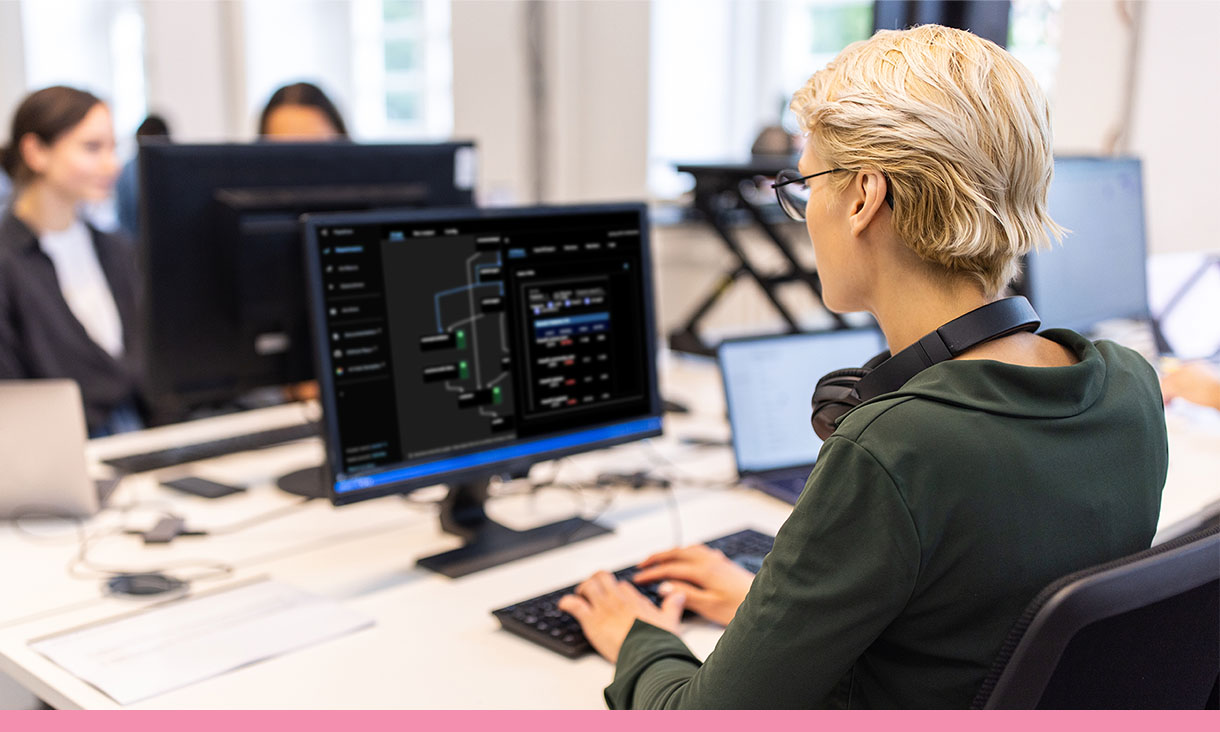
Advanced Product Management

Agile Delivery + Project Management

Agile for Project Management

AI Product Manager

Artificial Intelligence in Marketing

Bachelor of Business

Bachelor of Business – Business Analytics minor

Bachelor of Business – Business and Technology minor

Bachelor of Business – Human Resource Management major

Bachelor of Business – Marketing major

Bachelor of Business – Management and Change major


Brand + Content Marketing

Brand Experience

Business Analyst

Business Analytics

Business Analytics and Visualisation

Business Analytics with SQL and Python

Content and Social Media Marketing

Customer Experience Strategy and Design

Cyber Security Risk and Strategy

Data Storytelling

Design Thinking for Innovation

Developing AI Strategy

Digital Delivery with Agile

Digital Graphic Design

Digital Marketing Strategy

Digital Marketing Strategy + Campaigns


Digital Leadership

Ethical AI

Finance for Business Leaders

Graduate Certificate in Business Administration

Human Factors in Safety 1: Cognitive Performance

Human Factors in Safety 2: Social Aspects of Human Performance and Systems

Graduate Certificate in Business Analytics

Graduate Certificate in Cyber Security

Graduate Certificate in Cyber Security Governance and Risk Management

Graduate Certificate in Data Science

Graduate Certificate in Digital Product Design

Graduate Certificate in Diversity Equity and Inclusion

Graduate Certificate in Human Resource Management

Graduate Certificate in Leadership

Graduate Certificate in Marketing

Graduate Certificate in People Analytics

Graduate Certificate in Project Management

Graduate Certificate in Service Design

Graduate Certificate in Supply Chain and Logistics Management

Graduate Certificate in Sustainable Enterprise

Graduate Certificate in User Experience Design

Graduate Diploma in Digital Product Design

Graduate Diploma in Project Management

Graduate Diploma in Psychology

Graphic Design + Content Marketing

Implementing Digital Marketing Campaigns

Intro to Programming

Managing Risk 1: Foundations of Risk Analysis and Management

Managing Risk 2: Project Feasibility and Risk-Informed Decision Making

Juris Doctor

Marketing Analytics and Insights

Master of Business Administration

Master of Business Analytics and AI Strategy

Master of Human Resource Management

Master of Marketing

Product Management

Product Management Fundamentals

Project + Finance Management

Project Management for Professionals

Regenerative Design

Strategic Problem Solving

Sustainability and climate-related financial reporting: ISSB, AASB and beyond

Sustainability and Social Impact

Urban Sustainability Strategy

User Experience Design

User Interface Design




